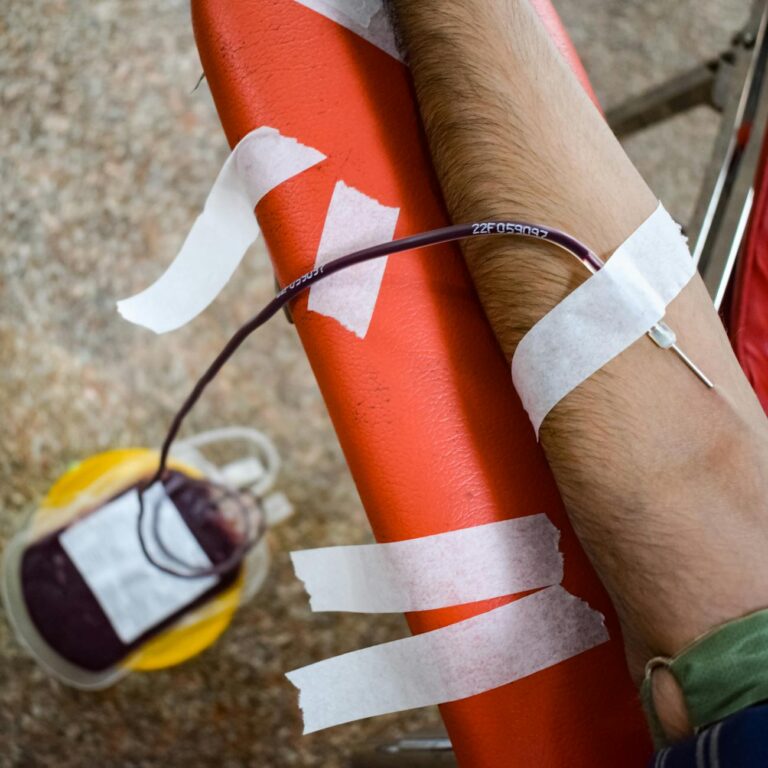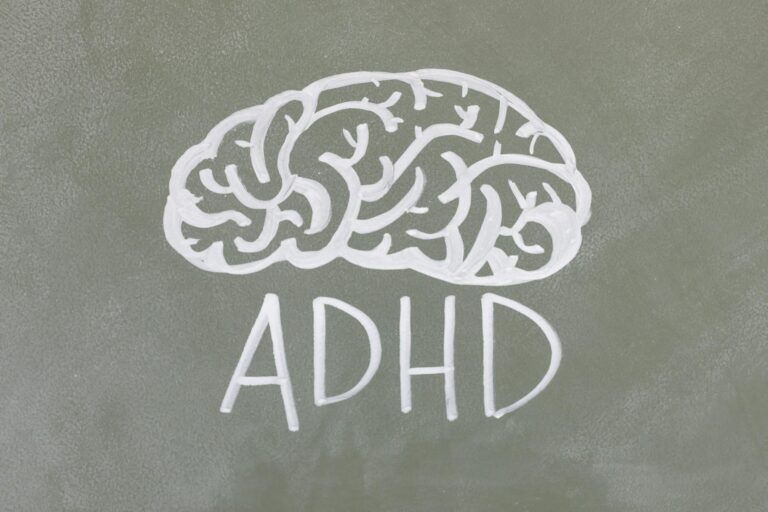The future of memory care is undergoing a significant transformation thanks to the advent of personalized digital health platforms. These platforms are designed to address the growing need for early detection and management of cognitive impairments, such as Alzheimer’s disease and other forms of dementia. By leveraging advanced technologies like artificial intelligence (AI) and digital biomarkers, these platforms are redefining how healthcare systems approach memory care.
### Early Detection and Intervention
One of the key challenges in managing cognitive impairments is early detection. Traditional methods often require lengthy in-person assessments, which can be time-consuming and may not always be accessible to all patients. Digital health platforms are changing this by offering quick, sensitive, and remote assessments that can be administered from the comfort of a patient’s home. For instance, Linus Health’s Anywhere for Health Systems provides an AI-enhanced cognitive assessment that delivers results comparable to hours-long in-person exams, significantly easing the strain on healthcare systems and expanding patient access[3].
### Personalized Care Plans
These digital platforms not only detect cognitive issues early but also provide personalized care plans tailored to each patient’s needs. By analyzing data from various sources, including electronic patient-reported outcomes and clinical data, these platforms help healthcare providers create holistic care models. This approach ensures that patients receive the most appropriate interventions, whether it be medication, lifestyle changes, or cognitive training, to manage their condition effectively[5].
### Streamlining Clinical Workflows
Digital health platforms also streamline clinical workflows by integrating seamlessly with existing electronic health records (EHR) systems. This integration eliminates tedious data entry, making it easier for healthcare providers to focus on patient care rather than administrative tasks. Additionally, these platforms enhance care coordination by enabling data-driven decision-making, which helps in optimizing referrals and ensuring timely interventions[1].
### The Role of AI and Digital Biomarkers
Artificial intelligence plays a crucial role in these platforms by analyzing complex data sets to identify critical behavioral markers such as response speed and verbal fluency. Digital biomarkers, which are verifiable data on disease manifestations measured using digital technologies, are used for both screening and management of neurodegenerative diseases. These biomarkers can track movement patterns, recognize faces, and even guide patients home if they become lost, significantly improving their quality of life[5].
### Future Opportunities
The future of memory care holds much promise with the integration of AI-based personalized treatments and holistic diagnosis. Platforms that combine sensor data with imaging and lab findings can create comprehensive patient models, providing real-time actionable insights that support independent living. Moreover, advancements in wearable technology and edge computing will further enhance the ability to monitor and manage cognitive health remotely[5].
In conclusion, personalized digital health platforms are revolutionizing memory care by offering early detection, personalized interventions, and streamlined clinical workflows. As technology continues to evolve, these platforms will play an increasingly vital role in managing cognitive impairments and improving patient outcomes.





